
Dispatches, Peru
Ollanta Humala Proposes A Nationalist Program As A Response To Globalization
October 25, 2010 By Roque Planas
NEW YORK – Nationalism offers Peru the best way of accommodating itself to an increasingly globalized world, presidential candidate for the Peruvian Nationalist Party Ollanta Humala said Thursday.
Speaking at an event organized by the Observatory Latin America at the New School, Humala outlined a nationalist program designed to transform Peru from a mineral exporting nation to an industrial nation that privileges the internal market.
The plan rests on the principle of increasing state capacity. “The state must be strong in all areas of the national territory,” Humala said, arguing that part of the state’s role should be to act as a check against what he described as “monopolies that discourage competition.”
“What we need is an honest state that can provide protections for investment,” Humala said. “The only entity that can protect and defend us is the state.”
The weakness of the Peruvian state leaves the field open for drug cartels and extremist groups like the Sendero Luminoso to operate, Humala added.
In areas of Peru where the state is weak or absent, Humala said, mining companies negotiate directly with community leaders, who might ask the company to build a road, a bridge, or a school. “In other words, that person is saying, ‘we don’t have a state, we’re orphans.’ If you arrive with money, you are the state.”
Humala also spoke several times of an “educational revolution,” though he did not mention details of the plan, beyond saying that it would focus on science and technology.
Humala viewed educational improvement as a means to add value to Peruvian labor. “Peru is not preparing to insert itself into the globalized world,” Humala said.
Humala is campaigning for the Peru’s 2011 presidential elections. He also ran in 2006, when he lost to current president Alán García. At the time, Humala’s detractors painted him as a radical aligned with Venezuelan socialist Hugo Chávez who would scare off foreign investment.
The international community has praised President García for his economic gains and poverty reduction.
But Humala criticized García’s economic plan, saying it reinforced a pattern of colonialism, in which Peru’s mineral resources were exported and the country’s main comparative advantage in the world market was its ability to offer cheap labor.
Humala pointed out that during Peru’s recent periods of economic growth, immigration levels have risen. “The pattern should be the opposite,” Humala said. “Something is not right.”
Humala also said Peru’s history of colonialism was responsible for the country’s notoriously skewed distribution of wealth.
“It’s like as if I had 10 children and I decided to support only one and leave the others abandoned,” Humala said.
Humala has struggled since the 2006 elections to present himself as a patriot devoid of ideology, whose politics are “neither left nor right.” At the talk, he said the debate about South America’s ideological divide reminded him of the Cold War era.
But some continue to associate him with the region’s leftist leaders. A member of the audience told Humala that she worried about the country adopting a socialist economic model inspired by Cuba.
“We respect the right to property,” Humala responded. He added that the root of the problem that led to the outbreak of violence between police and indigenous protesters in Bagua in June 2009 was the Peruvian government’s lack of respect of indigenous territorial rights.
Humala’s nationalist vision was not limited to economics, however. He also proposed a residency requirement for running for president and said he hoped one day the objects brought to the United States by American explorer Hiram Bingham from Machu Picchu would be returned.
The Peruvian government has been involved in negotiations with Yale University since 2007 to have objects from Bingham’s 1912 expedition repatriated, according to a document posted to Yale’s Web site.
While Humala emphasized nationalism at the talk, his brand of nationalism was curiously international. He called for the “integration of Latin American peoples,” and voiced support for the region’s multilateral institutions, including the Venezuelan-led Boliviarian Alliance for the Americas (ALBA) and the common markets of MERCOSUR and the Andean Community.
He recalled that when the Spanish divided Latin America into administrative units, the royal government ripped apart preestablished nations. “These are states that have no reason for existing,” Humala said.
Image: Courtesy of the Partido Nacionalista Peruano.
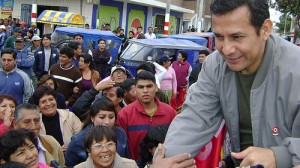
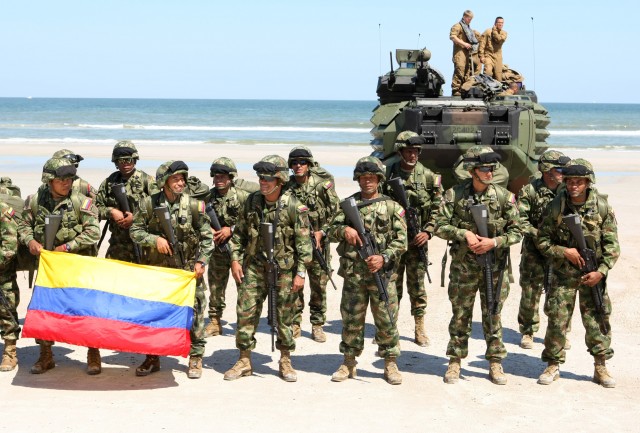
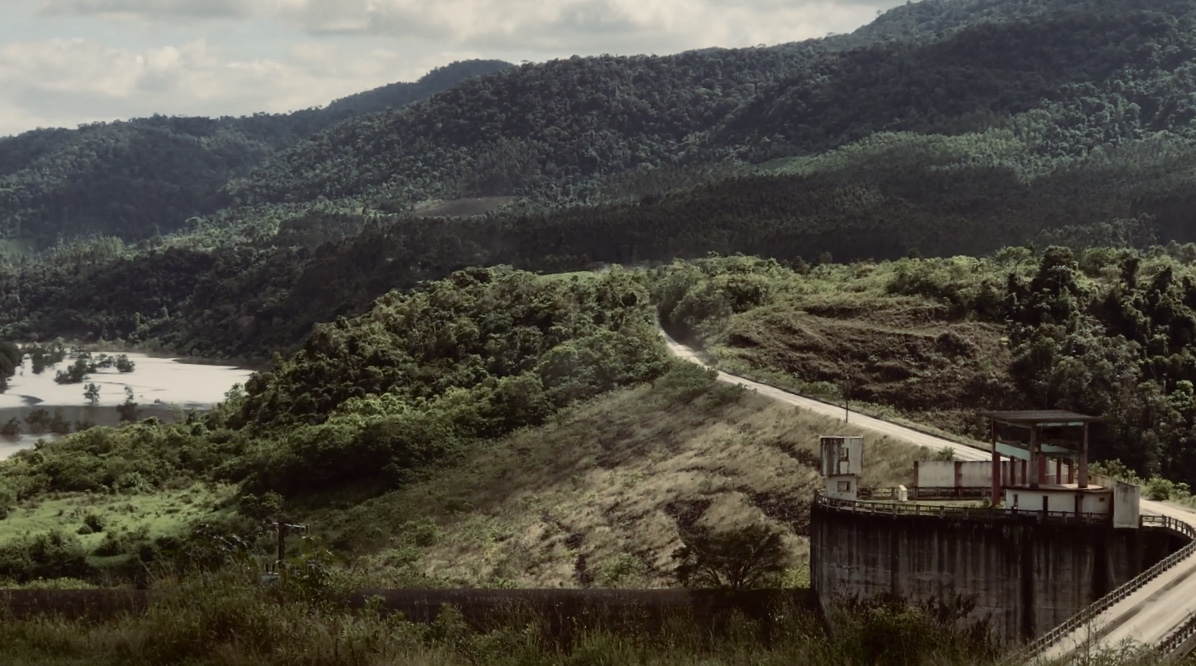
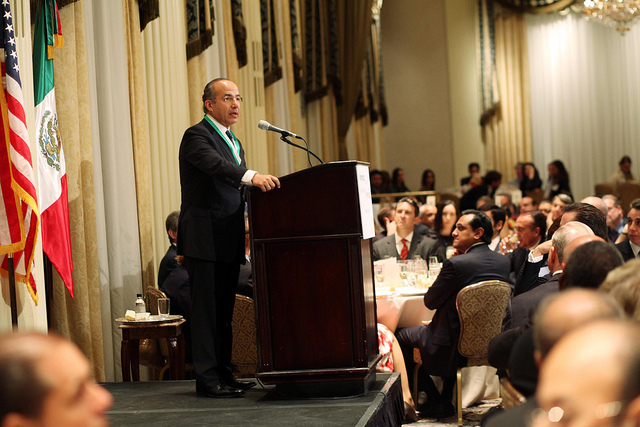
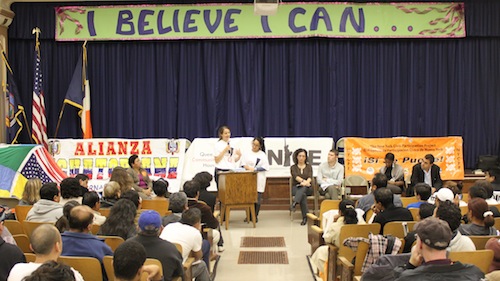
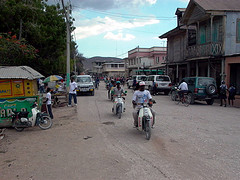
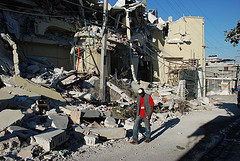
3 Comments
Information transmitted thru article promotion should be both well-timed and useful for the prospect browsing your articles.
I am not not used to blogging and really treasure your internet site. There is much original subject that peaks my interest. My goal is to bookmark your internet site and keep checking you out.
[…] Story — Left-leaning nationalist Ollanta Humala took the lead in Peru’s presidential race, according to a poll by CPI released […]
Comments are closed.